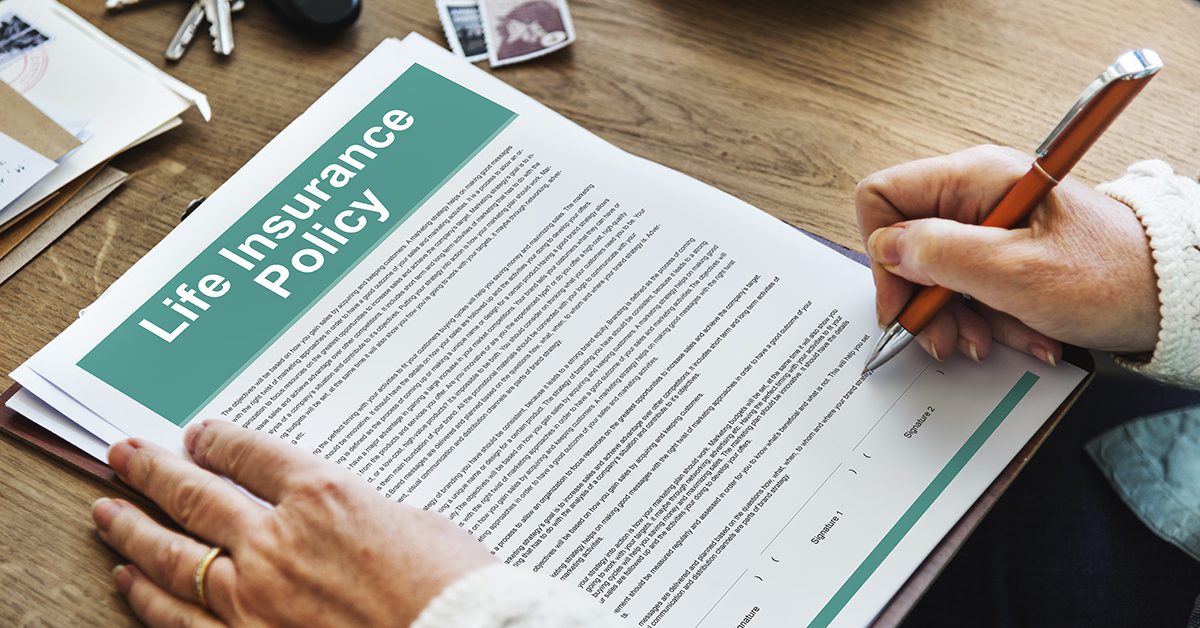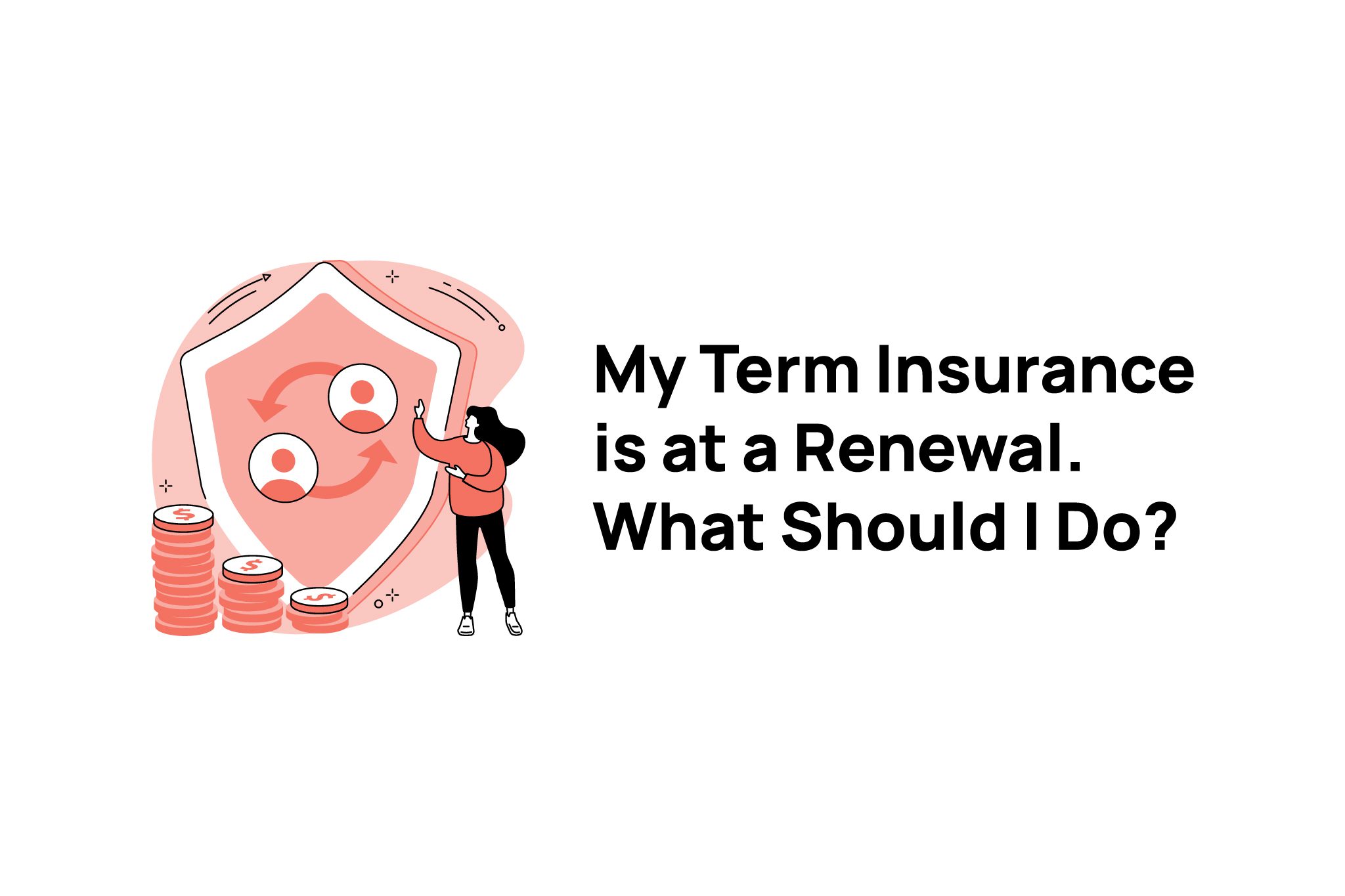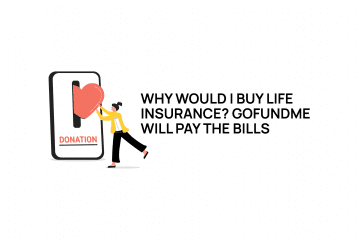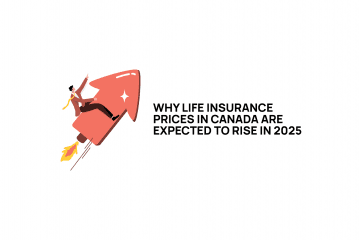People take out term life insurance to cover a variety of needs. Most of these needs are considered temporary in nature. Term insurance is ideal for covering things like a mortgage, income replacement for your family while your kids are young, funding an education or maybe paying off something like student debt (writers note, student debt always feels like a permanent expense, but trust me; eventually it gets paid off). Since we are talking about expenses that typically go away, most insurance advisors would suggest to you that the needs are best covered using term insurance. Term insurance tends to give the best combination of premium amount and coverage for needs that go away. Many people take advantage of the low premiums for term insurance without really considering what happens if the need that they are trying to offset still exists when your term plan comes up for renewal. Let’s take a look at the options that are available to you and ways that you can plan your term coverage to make the most sense.
In this Article:
- A Term Insurance Refresher
- What happens at a Renewal Point?
- What are your options at renewal?
- What’s the best decision for me?
A Term Insurance Refresher
Term insurance provides you with coverage for a predetermined length of time. This is what we call the ‘term’ of the policy. You will frequently see time periods like ten, twenty or thirty-year ‘terms’. This means that the premium that you are paying from day one will be in effect until that many years have passed. Another feature that you may see in some term insurance is that it is guaranteed to be ‘renewable.’ A term policy that is renewable will allow you to carry on the coverage without needing to answer health questions at the renewal point. For example, if your 10-year term plan is at its renewal point, you will see an increase in the premium but no requirement to submit medical evidence for the coverage to carry on for the next ten years. Term plans will also have an expiry built into them. Most commonly today, that is when the insured reaches age 85. If you have paid the premiums all the way through the life of the policy and reached the expiry date, the coverage ceases to exist at that point. As a summary of the key phrases to look for:
- Term Length – how many years are between renewals?
- Guaranteed renewal – no need to answer health questions for coverage to carry on at the renewal point.
- Expiry point – the age at which the coverage terminates, regardless of the death benefit not having been paid out.
Get a free quote
What happens at a Renewal Point?
When you reach a term insurance renewal point, you will see that to maintain the death benefit amount on the policy, you will need to pay a higher premium. What you will also see is that the increase in premium amounts isn’t linear with how much your age has increased. I used to like to explain it to people this way (using a ten-year term as an example). From the perspective of an insurance company, ten years from now, they know that you are ten years closer to the end of your life. They also know that the odds that something happens to you in years 10-20 are higher than they were in years 0-10. This is because when the last survey was done, insurance companies discovered that everyone dies. Since the older you get, the odds that you are in your last year of life increase your premiums as well. Think about it this way. Someone who is 30 years old has a much lower risk of passing away within the next ten years than someone who is 70 years old. Because of this, the amount of premium that you pay for the same death benefit on a life insurance policy is very different as you age. Your policy will clearly lay out what the policy will cost in premiums at all points in the future from the day it starts. These premiums are calculated at the time of issue and don’t change once the contract is in force.

What are your options at renewal?
You have a few ways that you can proceed when your term policy is renewing; which route you follow is based on a few things. When looking at these options, it is important to consider two things. Has your health changed since the original policy was issued, and have your needs changed since that time?
- If your health remains similar to what it was when the policy was originally issued, you may want to consider applying for a new policy to replace the existing one. This is also a great time to review your needs analysis and see what the death benefit you need to apply for is. You are not limited to applying only for what you had before. If you need more coverage today than you did originally, now is a good time to account for that with a new application. By allowing for underwriting to happen again, you are showing the insurance company proof that you continue to be in good health. With that comes the idea that the insurer is likely to offer you a premium that is lower than the renewal amount on the original policy. This is because they have been allowed to re-examine your health and determine how you fit into their current risk acceptance levels. You need to remember that if you choose this route, you are taking out a new policy, and there are a few benefits that reset. The key ones are the suicide exemption and incontestability periods. These will have been satisfied on the old policy; if you reapply, they start over, and if you die within the first two years of the policy, they can be applied.
- If your health status has changed for the worse and re-qualifying would be difficult, you have a couple of options. If you review your needs and the death benefit amount you need remains unchanged, you can pay the renewal premium. As mentioned earlier, one of the features of a renewable term insurance plan is that if you pay the premium, the coverage can remain in effect until the expiry date is reached. If your health has deteriorated, you can pay the renewal premium amount, and the coverage carries on. A second option is that, when you are reviewing your needs analysis, you see that the coverage you need has decreased; you can also apply to have the death benefit amount of the policy reduced. This won’t trigger health questions, either. Insurance companies are happy to have the amount of coverage decrease. It will result in a lower premium amount being required to keep the policy going.
- One final consideration is that your needs analysis may show that you don’t need the coverage any longer. This can happen if, for example, you were covering a mortgage that has been paid off. At this point, you may simply decide not to pay for the policy any longer. It will lapse due to non-payment of the premiums, but this isn’t of concern because the coverage isn’t required any longer. One note here is that if you have had a change in your health, you may want to review if your term insurance plan has the option to convert some of the coverage into permanent insurance without health questions. If you don’t have a policy that will help offset final expenses, converting a portion of your term insurance may be a good idea if your health has changed.
What’s the best decision for me?
This is not something that can be answered here. There is no one-size-fits-all answer because every individual policy owner has a unique set of circumstances that feed into what is the best decision for them. Realistically, the best answer is to talk your situation over with one of our advisors and review your current needs. Considering what your current health situation is and how much coverage you need, you will come to the solution that works best in your particular situation.




